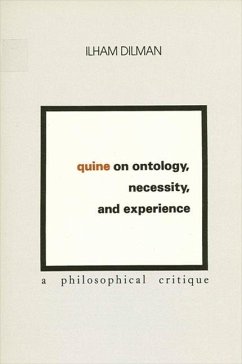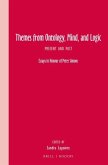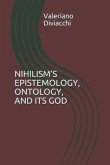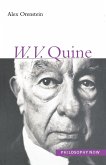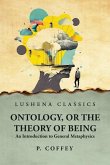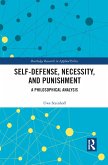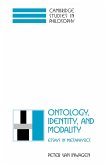This study is a critique of Quine's views on three interrelated topics that figure prominently in his work and on which he has developed very distinctive opinions. Dr. Dilman provides detailed criticism of these views and contrasts them with Wittgenstein's understanding of the same topics. Throughout this systematic analysis, the author questions basic assumptions on which the Quinean edifice rests. The book argues that Quine's notion of ontology is riddled with inconsistencies and singles out examples for discussion. It argues that Quine's rejection of the distinction between necessary and contingent truths is unwarranted, and that the notion of analyticity, in terms of which he conducts this discussion, is a red herring. And it argues that the notion of experience and subordinate notion of the senses, which Quine uses to discuss the confirmation of propositions and to expound his brand of empiricism, are crude.
Hinweis: Dieser Artikel kann nur an eine deutsche Lieferadresse ausgeliefert werden.
Hinweis: Dieser Artikel kann nur an eine deutsche Lieferadresse ausgeliefert werden.

